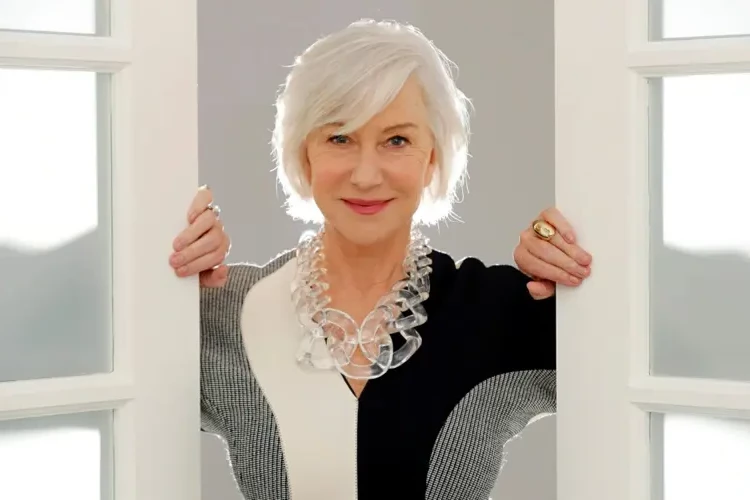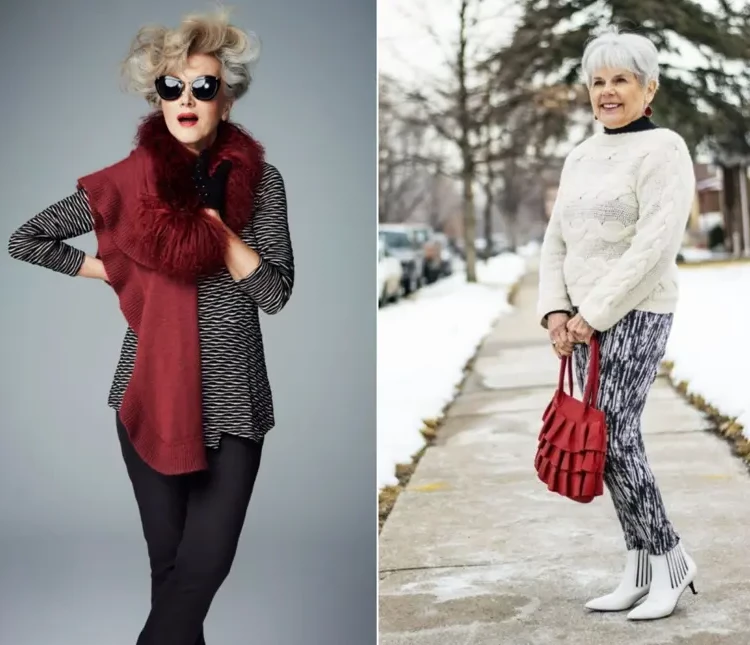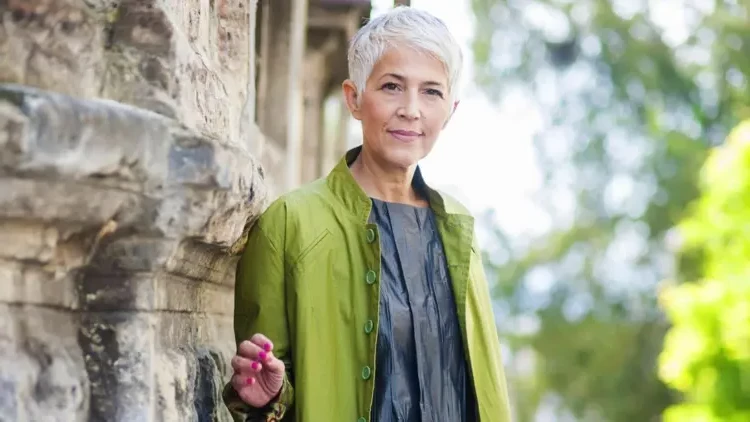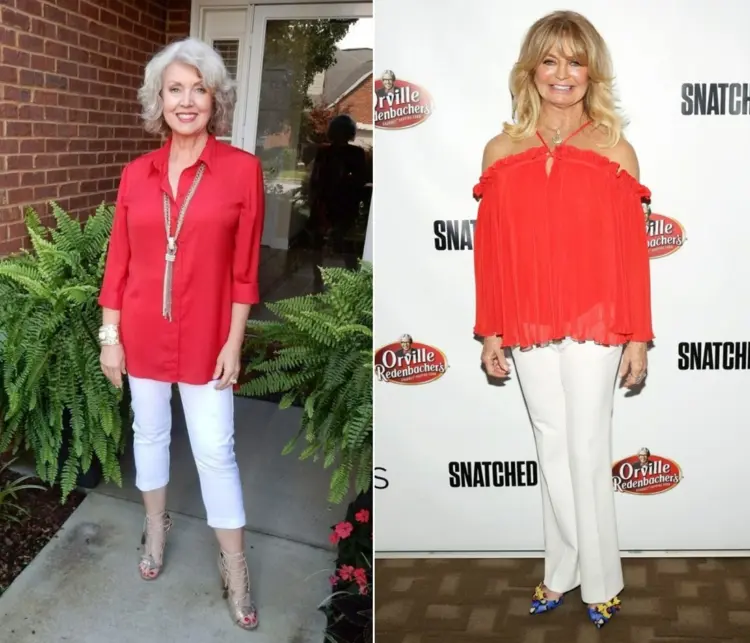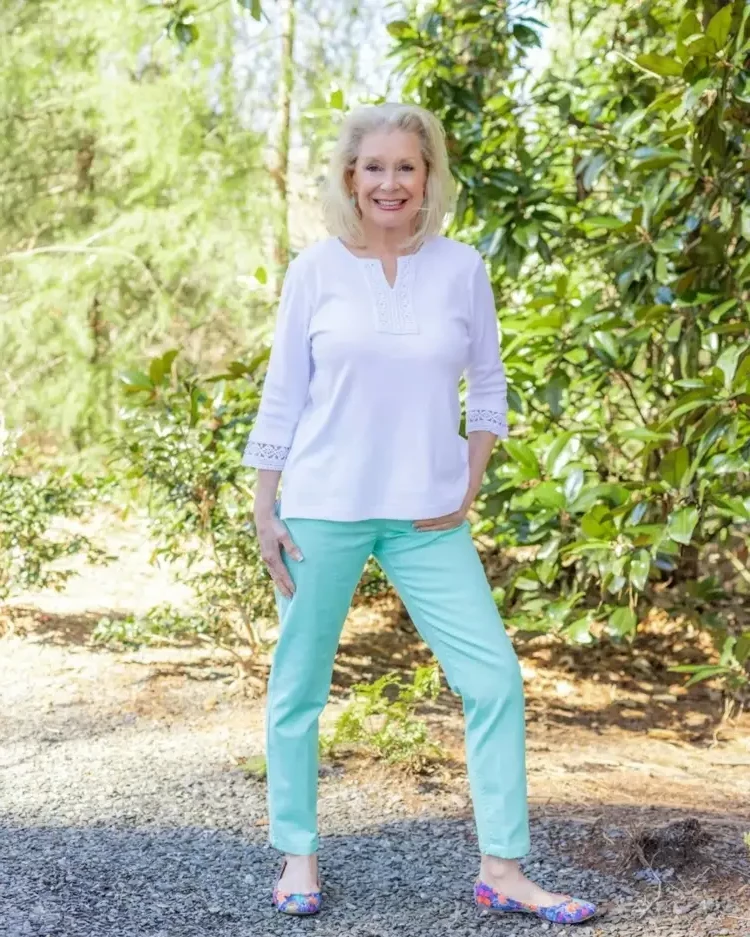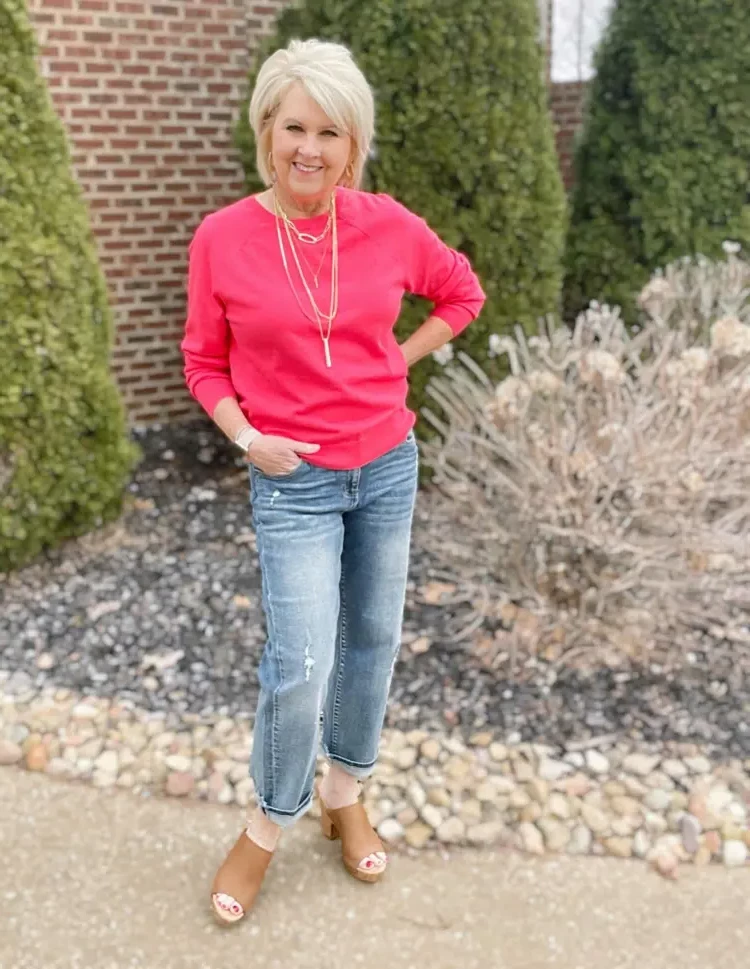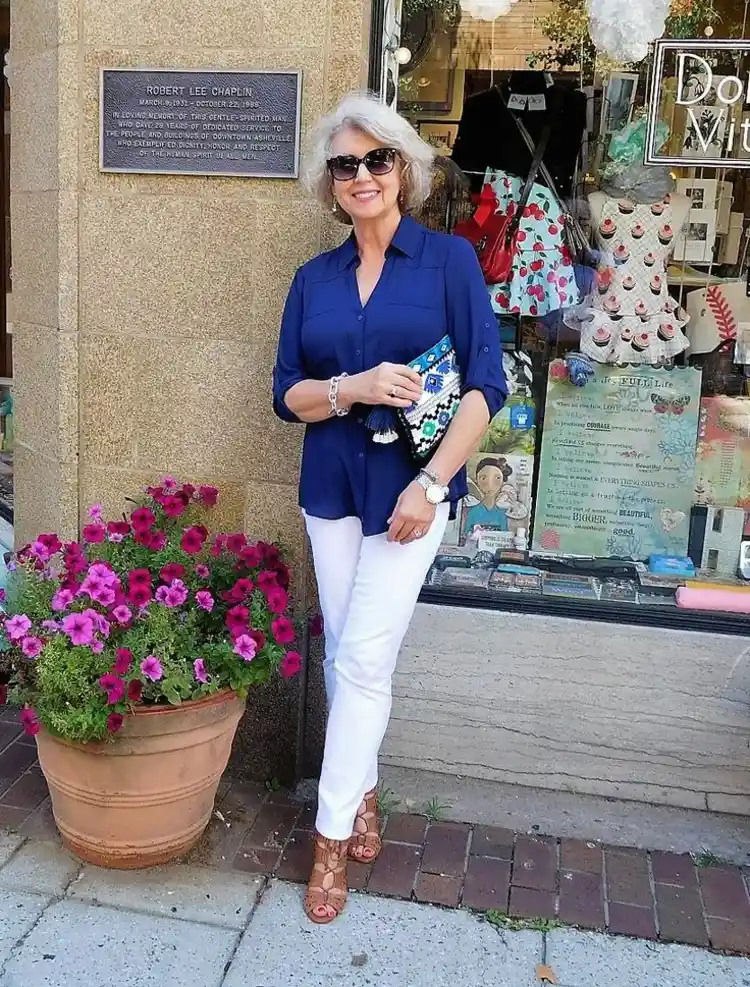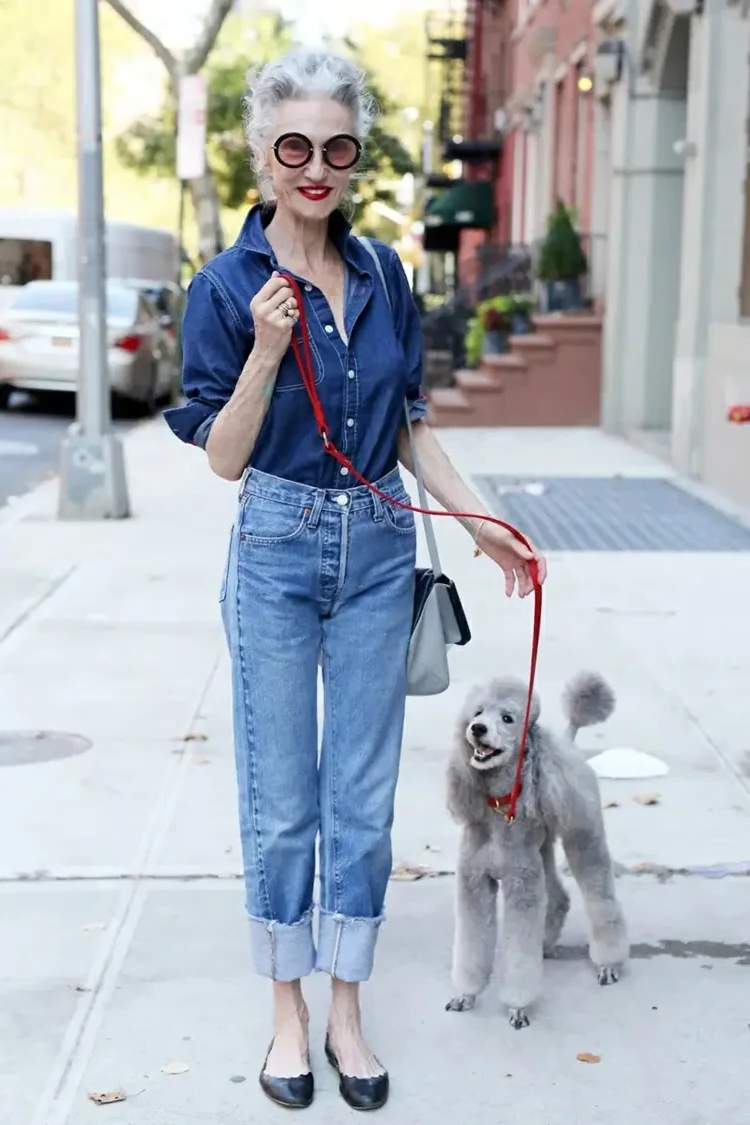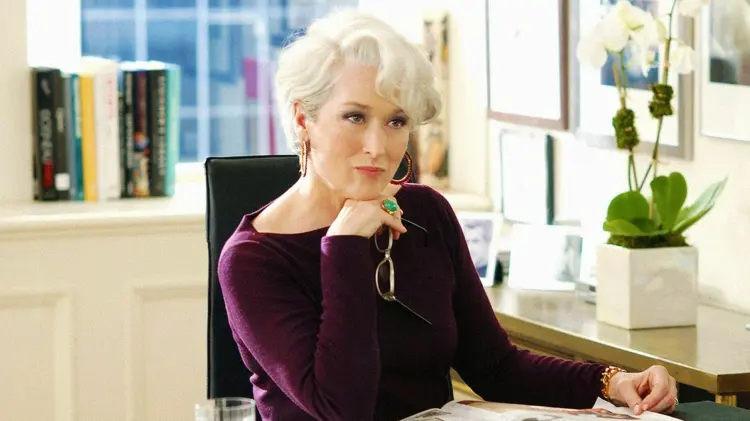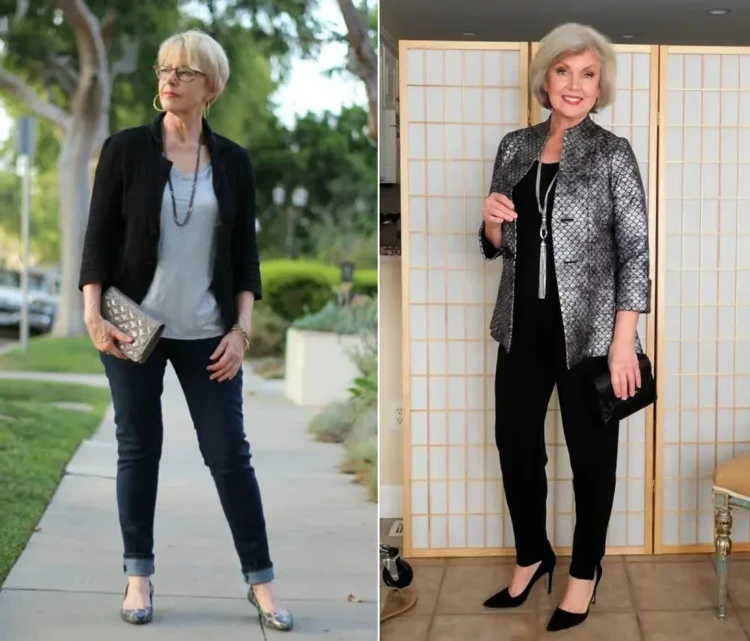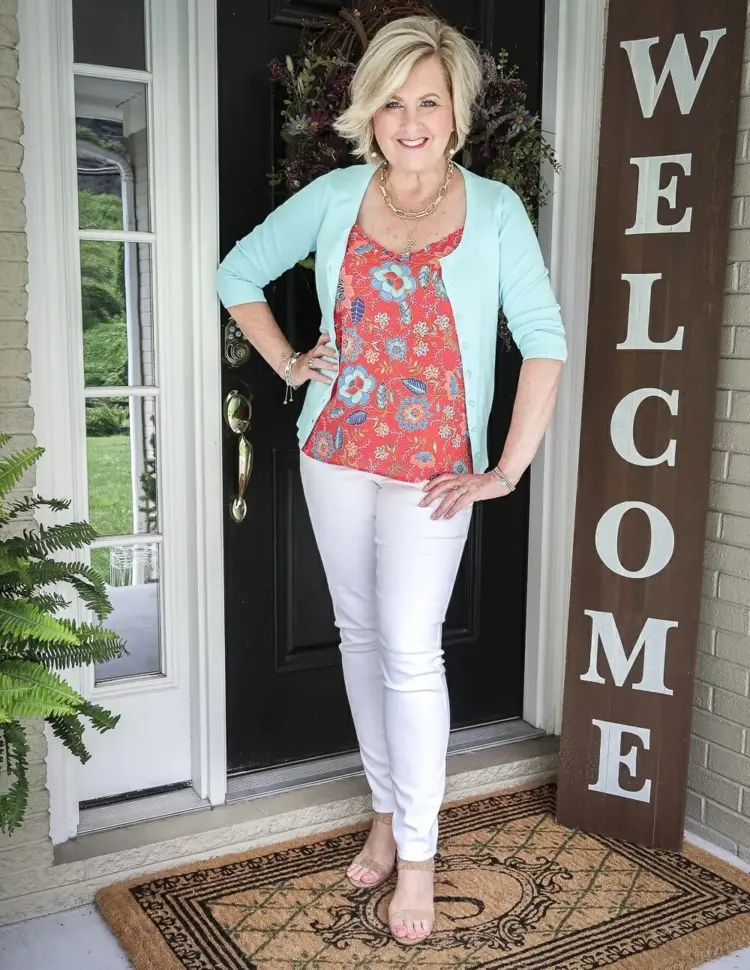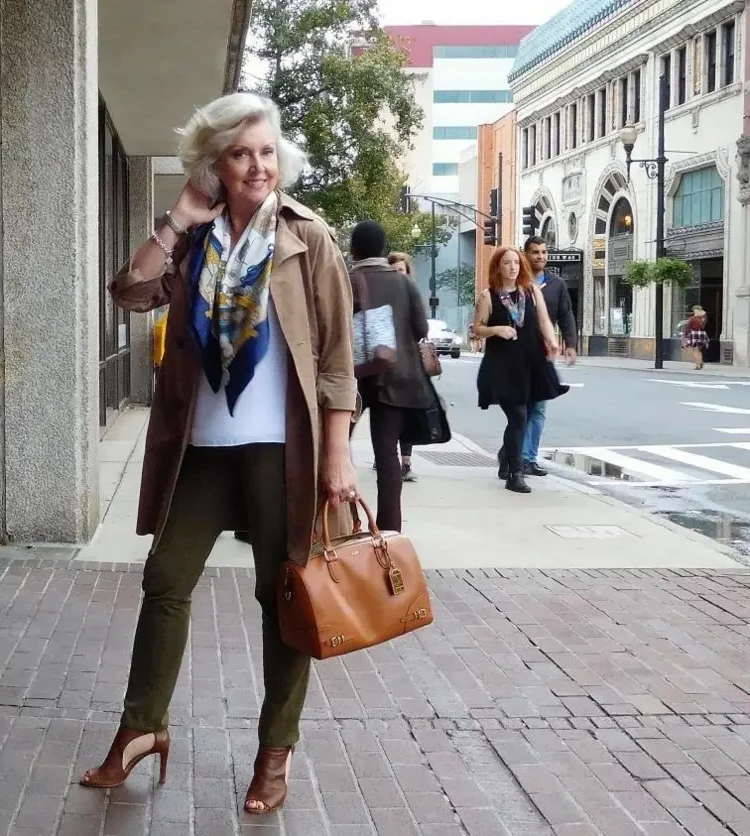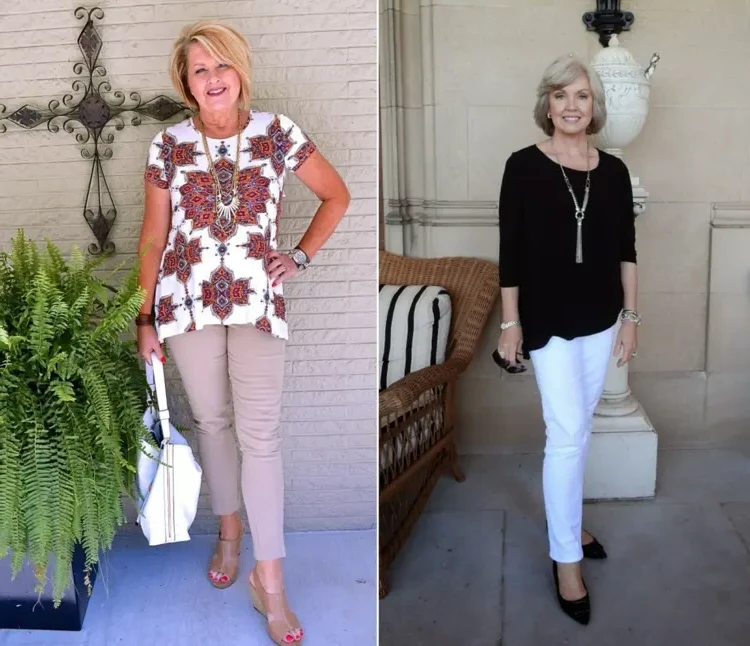It’s quite normal that as a woman gets older, you want to hide a few years or at least not want to look older than you actually are. And with the right tips and tricks, it’s not difficult at all, whether it’s hairstyles, makeup or fashion. The colors that you should adapt to your age are particularly important. They shouldn’t be too flashy and crazy, nor too old-fashioned, as they would make you look older. We summarize what colors to avoid after 60 and which combinations are optimal.
What colors to avoid after 60? These shades make you look older
In your 20’s to 50’s, neutral tones like black, grey, brown, beige and khaki may be flattering and trendy (especially because they combine well with other colors). But after a certain age, such trendy colors can have exactly the opposite effect and emphasize your age. So, after 60, avoid such colors for your clothing if they create a monochrome look. Instead, you should show a little more courage. And that doesn’t mean you should go tone-on-tone with neon or pink – absolutely not. But there are a number of bold colors that you can combine with the ones mentioned above.
Combine fashionable colors properly – find the balance
Neutral and darker shades are definitely allowed, because they are the perfect base for interesting and age-appropriate color combinations. It doesn’t matter whether it’s a pair of trousers, a skirt or a simple dress, blouse, sweater or cardigan, they can all be made livelier and more attractive with one or two splashes of color (e.g. light-colored trousers with a colored blouse). You can also add color accents with accessories such as scarves, jewelry, shoes and bags if you are not quite confident yet regarding your clothing.
Pay attention to your skin type
Yes, yes, you’ve known your skin type for years and you’ve known which colors flatter you for a long time. Are you really that sure about it? Don’t forget that the type changes over the years. The skin becomes paler or, on the contrary, redder due to fine veins, and the color of the hair also changes. That is why it is worth doing a new analysis instead of going straight to your favorite colors just because of habit.
You can also do a quick test before buying a garment. Hold it against your skin (e.g. on your face) and you should immediately notice whether both tones are in harmony or not.
Be careful with red and pastel colors
As previously mentioned, complexion can become redder with age, which is why red tones don’t always look flattering. So be careful when dealing with red colors after the age of 60. The same applies to pastel shades from the red to yellow palette, as they also affect the skin color. Therefore, contrasting colors are the better choice.
Which colors go together – combine fashionable shades properly after the age of 60
Any neutral color can be paired with a bolder or brighter pastel color for a wonderful age-appropriate outfit. Blue, red and green are particularly suitable, but also yellow and orange or even one or the other berry shade. So instead of avoiding such colors after 60, you should skillfully use them to your advantage, because they make your eyes shine, which automatically makes you look younger.
Since everything is allowed even in old age, you can even reach for pink, as long as you skillfully combine the color with neutral clothing. If that is too daring for you, you can alternatively use purple or light blue, which are also mistakenly considered to be youthful colors. Turquoise also has a rejuvenating effect.
- For example, wear yellow or orange with white for the summer. Salmon color is also a good idea as long as it doesn’t blend with your skin tone as discussed above.
- Dark shades are fine in winter, as long as you pair them with bold and lighter colors, or go straight for a dark but bold shade like emerald green or a dark berry color.
- Clothes in dark colors can be brightened with statement necklaces (as Helen Mirren shows in our cover photo). A nice scarf is also suitable.
What colors to avoid after 60 and which ones to prefer – conclusion
There are no wrong colors if they are all combined correctly. Fashion for women over 60 can be just as versatile in terms of color as for younger women, you just have to be a little more discreet. Instead of hiding behind unappealing dark colors (black can make you look pale and sick), combine them with fresh shades that have a rejuvenating effect. Be guided by your skin’s undertone to avoid any awkward reds or pastels, and create a balance of colorful and monochromatic.
Striking accents in a monochromatic outfit – shiny blazer, statement necklace or handbag
White trousers and coral top with a mint green cardigan
Spice up dark colors in autumn and winter with a lighter coat and colorful scarf
Combine black with light and neutral beige with a color like orange

